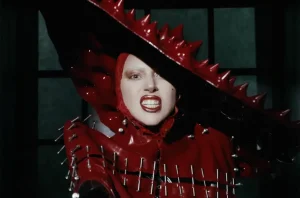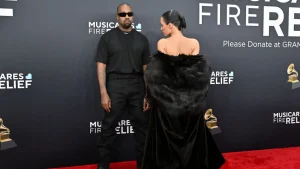
Artificial intelligence is rapidly advancing to the point where it can mimic human voices with impressive accuracy. Software tools now exist that allow anyone to take an artist’s isolated vocal track and graft their voice onto another production, known as voice cloning.
This development is raising challenges for the music industry as the ability to digitally replicate voices at scale could disrupt traditional models of vocal performance and compensation. On one hand, it enables new creative possibilities for music makers and fans to integrate their favorite voices. However, it also raises ethical questions around ownership and appropriate use of an artist’s most defining characteristic – their voice.

Initially, amateur producers have been having fun experimenting with these “AI covers” by putting incongruous pairings like Johnny Cash singing a bubblegum pop song. While humorous, it soon became apparent that anyone could essentially steal an artist’s voice and use it without permission. Major labels view this as an existential threat comparable to music piracy in the 2000s.
Unlike sampling which transforms source material, voice cloning allows fully duplicating vocal recordings to be grafted onto new productions. This strips the intimacy of a human voice from its owner and risks devaluing it as a commodity. There are also concerns about over saturation if the charts become flooded with cloned voices, both real and fake.

In response, labels are developing their own licensed voice cloning platforms. Universal Music aims to establish “rules of the road” and compensate artists through tools allowing fans to access voice models. Warner also sees potential for fan engagement if the right frameworks are in place.
Pioneering services like myvox are demonstrating models where artists can monetize by lending their voice to others’ works, addressing both creative and financial benefits. Forward-thinking musicians like Holly Herndon and Grimes have also experimented with communal voice ownership models.

While promising new revenue streams, there remain open questions around equitable compensation, appropriate use policies, and protecting artists’ control over their likeness and brand. As with past innovations, the industry must adapt to both enable new possibilities and safeguard creators’ rights in this AI era. With balanced implementation, voice cloning could elevate rather than displace vocal performance in the future of music.






